The G20 summit in Rio de Janeiro, Brazil, ended last week. Participants claim the two-day conference produced large developments; however, the rest of the world barely noticed it happened at all. The previous two G20 summits in 2022 (Bali) and 2023 (India) published extensive declarations, but this year’s summit came and went with little fanfare.
The Conference’s published Declaration, signed by all participants, addresses hunger and poverty, progressive taxation, basic sanitation and access to drinking water, among other items. It used soft language to address “human suffering” due to conflicts worldwide and reiterated a call for a ceasefire in Gaza and Lebanon, before “welcoming … initiatives that support lasting peace.”
Still, some associations emerged that suggest how the world will unfold leading up to the 2025 G20 summit in South Africa.
Trump Looms Large While Biden Fades Away
President-elect Donald Trump’s return to the White House in January 2025 hung over the summit like a cloud and distracted the world’s attention away from the summit. Still, few leaders directly addressed his return or even named him in public comments. U.S. President Joe Biden did not mention Trump’s name once and only indirectly referred to his successor. Same for French President Emmanuel Macron and Brazilian President Luiz Inácio Lula da Silva, known colloquially as “Lula,” who hosted the summit. United Kingdom Prime Minister Kier Starmer demurred when asked about Trump’s past criticism of support for Ukraine, wary of challenging the President-elect.
In contrast, President Biden was less visible than in past summits. He became the first sitting U.S. president to visit the Amazon, where he announced more funding for climate-related initiatives. Otherwise, his presence was less notable than in past summits.
Brazil Positions Itself as a Leader on the World Stage
Brazil, the G20’s rotational president and host of the conference, took a front-and-center role. Lula led the Summit’s efforts to address climate change and combat poverty and hunger, pitched an ambitious plan to overhaul global taxation, and abruptly ended a meeting where Western partners led discussions about aid to Ukraine. Lula sought to elevate both Brazil and the Global South throughout the conference.
He was notably close to and praiseworthy of Chinese leader Xi Jinping. Lula repeatedly referred to Chinese support for Brazilian initiatives and for Latin America as a region. After the Summit, Lula hosted Xi for a state dinner in Brazil, ostensibly to mark 50 years of continued diplomatic relations. By the end of the week, Brazil and China had signed 37 new trade and diplomatic agreements related to agriculture, green energy, and infrastructure.
China is now Brazil’s largest trading partner, with trade between the world’s second-largest economy and Latin America’s largest economy increasing steadily year-over-year. This relationship is expected to grow further, against the backdrop of increasing U.S.-China tensions.
Xi Jinping Pitches China as the Global South’s Natural Partner
Chinese President Xi Jinping’s speech to the conference reaffirmed China’s view of itself as a global leader. Xi highlighted ongoing Chinese initiatives to eradicate poverty and develop green technologies and infrastructure worldwide and announced new and expanded initiatives to bring China closer to developing nations worldwide.
Xi’s stated plan includes eight points where China will cooperate with global nations. He announced an improved “high quality” Belt and Road Initiative, China’s key foreign policy program that offers developing nations access to Chinese capital in exchange for loan terms favorable to China. Xi stated China, Brazil, South Africa, and the African Union will inaugurate the “Open Science International Cooperation Initiative” to promote scientific and technological development across the Global South. The remaining points enforce China’s cooperation with the G20 across a variety of economic, environmental, security, and anti-poverty initiatives. Xi ended by reiterating that China will trade openly with all nations with which it has full diplomatic relations, a statement designed to dissuade nations from supporting Taiwan.
With much uncertainty surrounding the incoming Trump administration, many nations used the G20 to expand Chinese cooperation. Xi met with leaders from Brazil, South Africa, the United Kingdom, Germany, France, and Argentina, publicly discussing economic integration with all of them. China, which sees itself as well-positioned to recreate the world order in its image, has actively courted current and former G20 leaders to lead China-led multilateral organizations. For example, former Brazilian President Dilma Rousseff attended the G20 in her new role as Chair of the New Development Bank, a Shanghai-based bank with China as the largest shareholder.
Reality Guides Argentina President Javier Milei’s Interactions with Leaders
Argentine President Javier Milei, a bombastic former economist, has cultivated a political brand that rails against socialism, multilateral institutions, government intervention in the economy, and Argentina’s brand of elites. Observers had expected more of the same in Brazil, especially after Milei gave a fiery speech at Mar-A-Lago the week before and became the first foreign leader to meet Trump.
Leaders encountered a more sober Milei instead. Milei reversed earlier comments when he pledged to expand economic partnership with China, whose leader and Communist Party he has repeatedly denigrated publicly. Milei signed the G20 Declaration, despite earlier opposition to multilateral agreements. He also pledged to export more oil and gas to Brazil, another country whose leader Milei had repeatedly insulted publicly.
The Developed World Moves Ahead with Priorities
The G20 Declaration reaffirmed climate goals such as the Paris Climate Accords, sustainable finance, energy efficiency metrics, and other multilateral climate initiatives. The Declaration also formally launched a “Global Alliance against Hunger and Poverty,” a priority of Brazilian President Luiz Inácio Lula da Silva.
G20 finance ministers published a separate Declaration on International Tax Cooperation, which reaffirmed their commitment to fight corruption and illicit finance, institute a progressive taxation system, and endorse Brazil’s priority to tax the world’s “ultra-rich.” Implementation will face familiar headwinds. The G20 nations may “seek to engage cooperatively” on taxing the world’s 3,000 richest billionaires, but the declaration was non-binding. Finance ministers, including U.S. Treasury Secretary Janet Yellen and German Finance Minister Christian Lindner, have distanced their nations from the agreement.
G20 heads of state and foreign ministers unanimously co-signed these initiatives with the knowledge of the forthcoming return of Trump’s isolationism and climate skepticism. These leaders may be jostling for poll position if the U.S. abdicates its role as a global leader or may be biding their time until Trump leaves office. They may, instead, be making a foolish bet on the future of climate and poverty policy. Whether they’re right or wrong remains to be seen.
The Global South Continues to Lead the G20
Brazil handed the presidency of the G20 to South Africa, the first over which an African nation will preside. Developing economies in the Global South have exerted increasing influence on global affairs and multilateral institutions in recent years. This trend appears poised to continue.



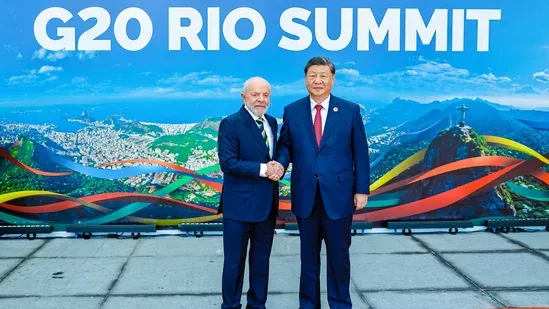
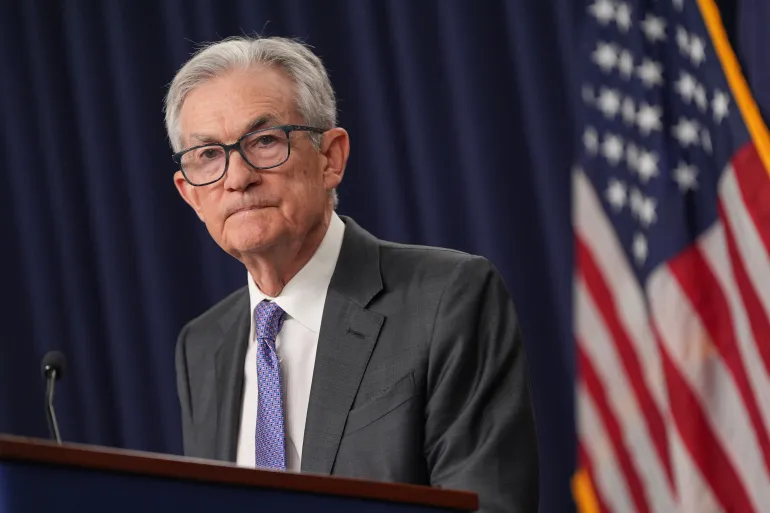

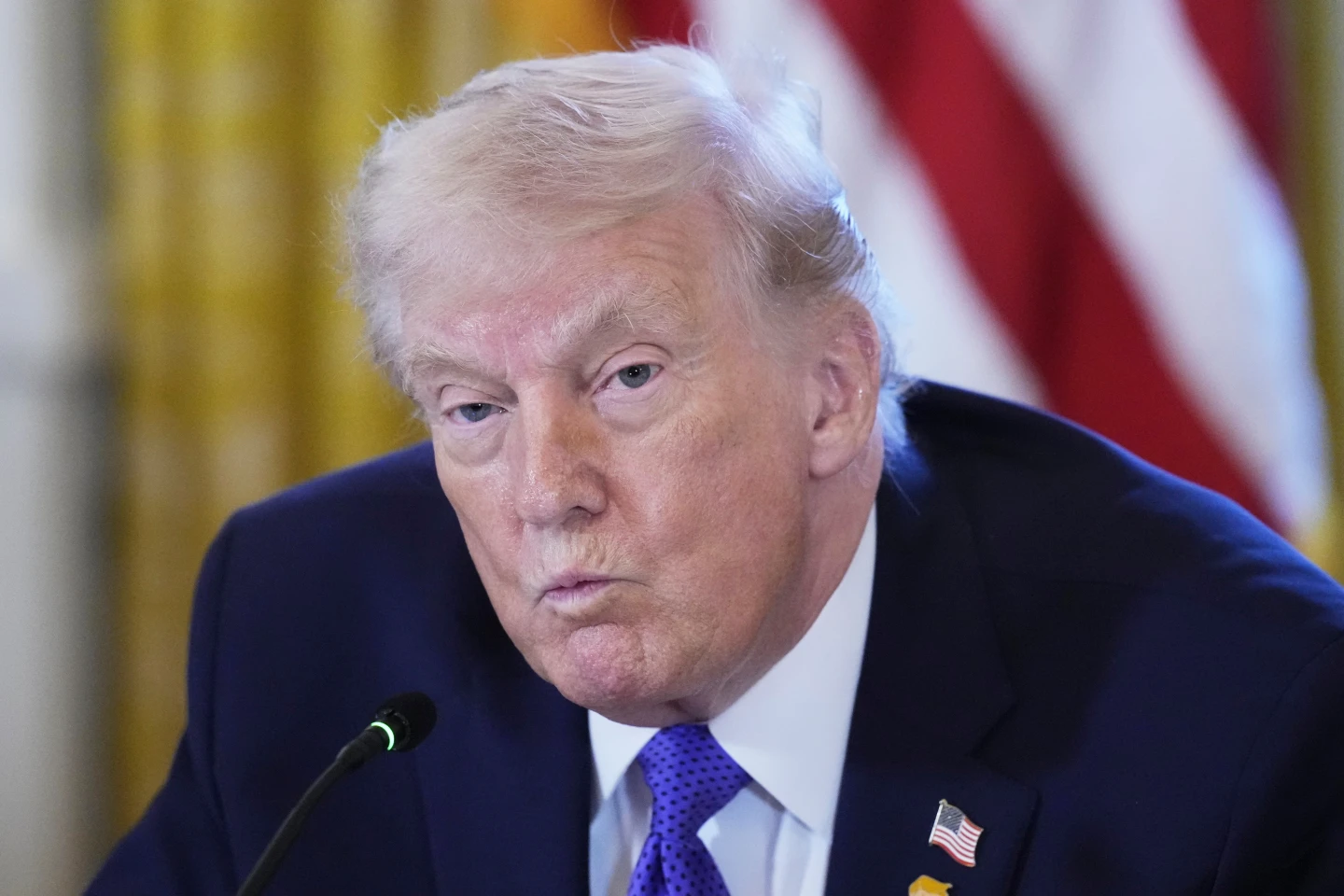
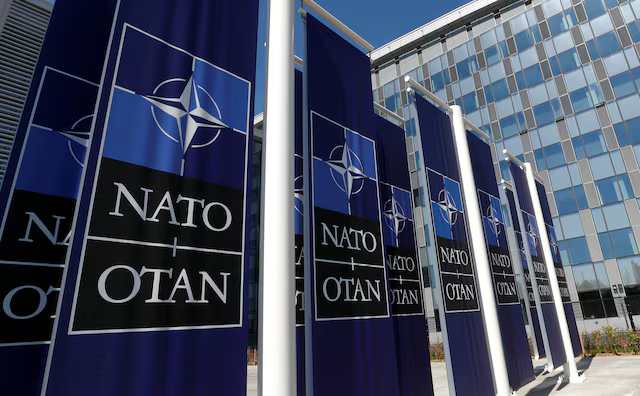
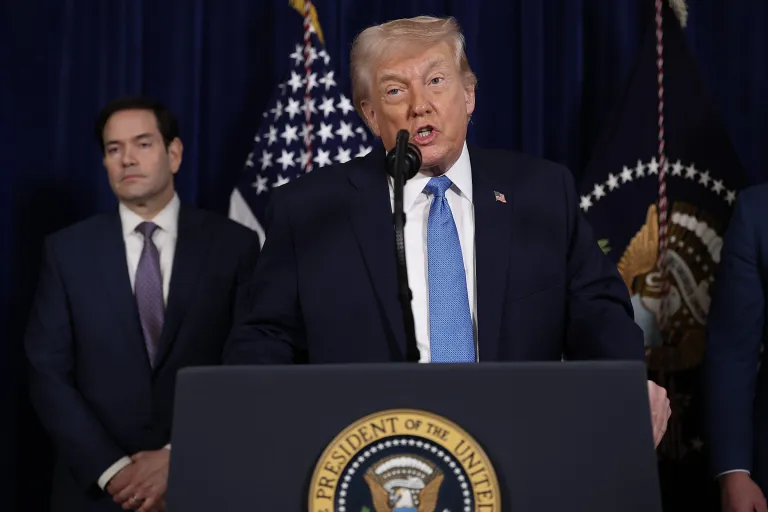
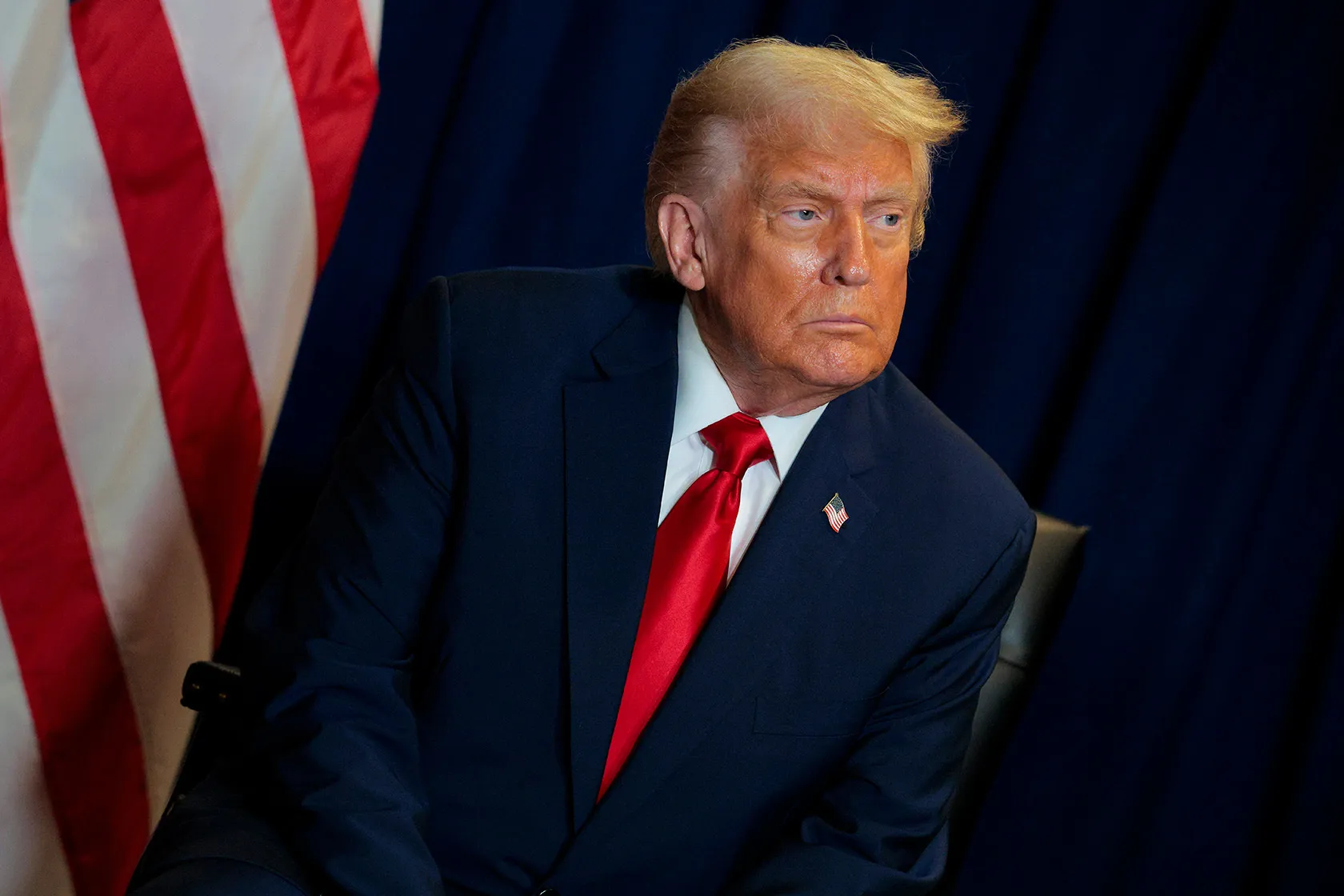
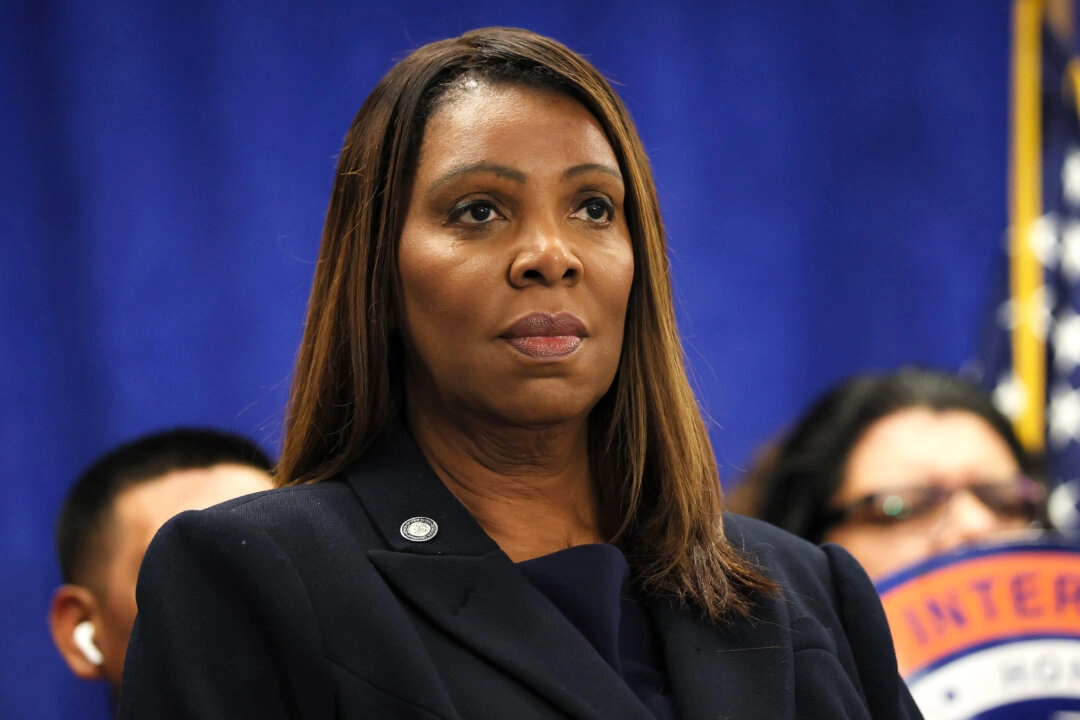
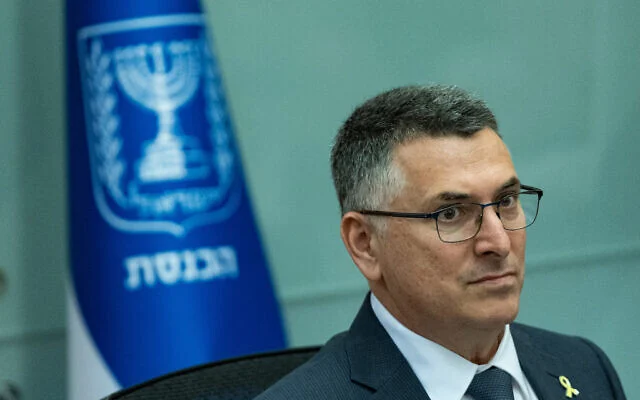
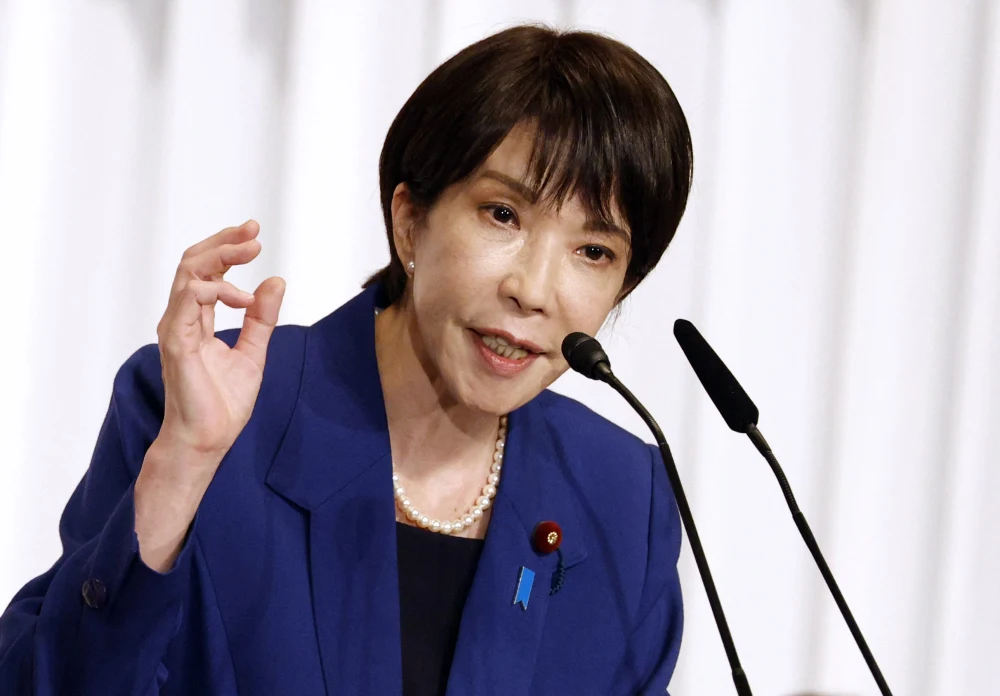
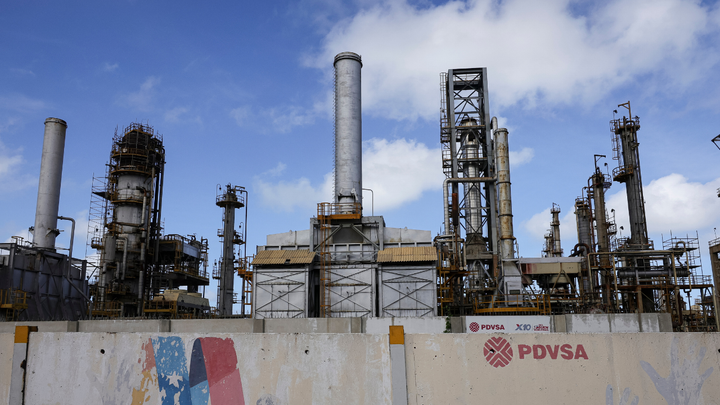
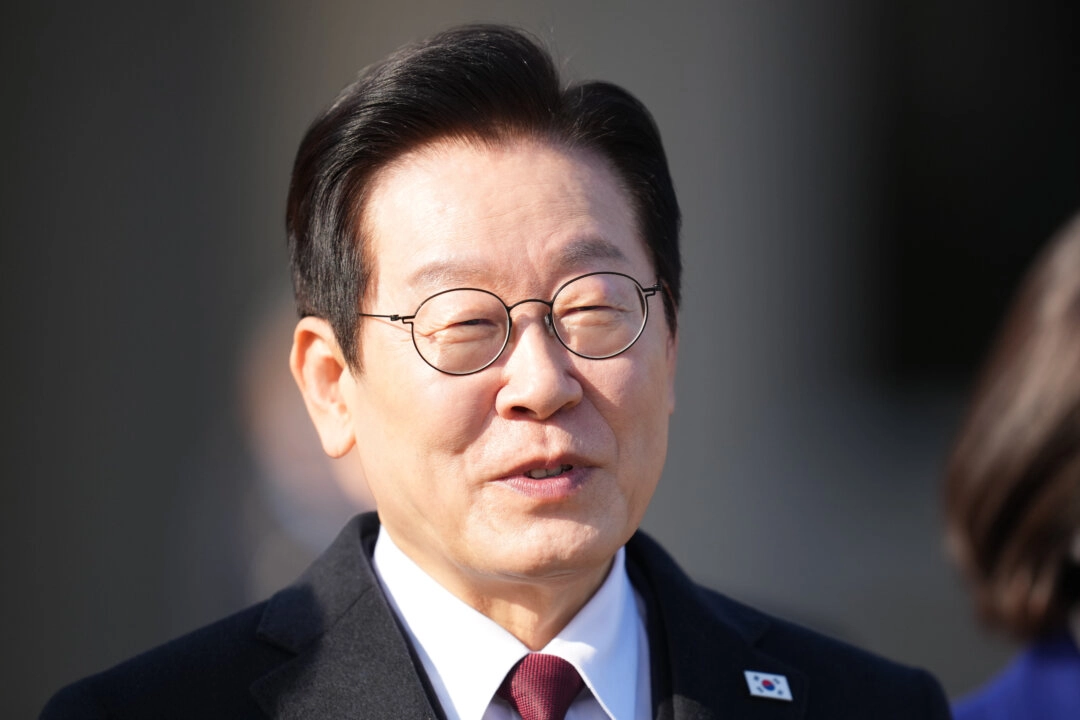
Discussion